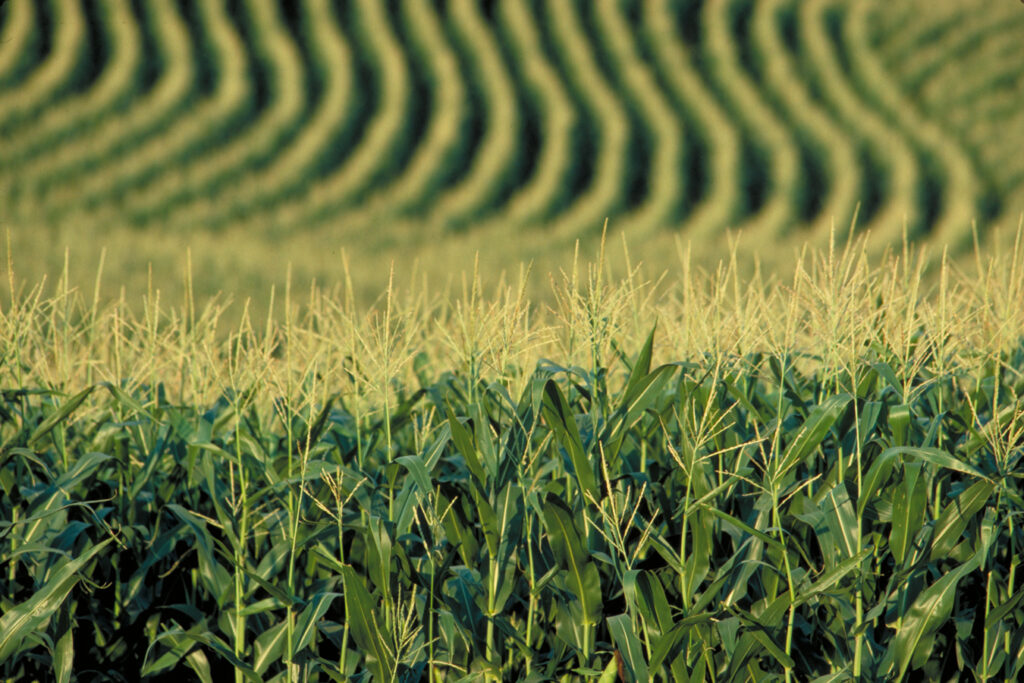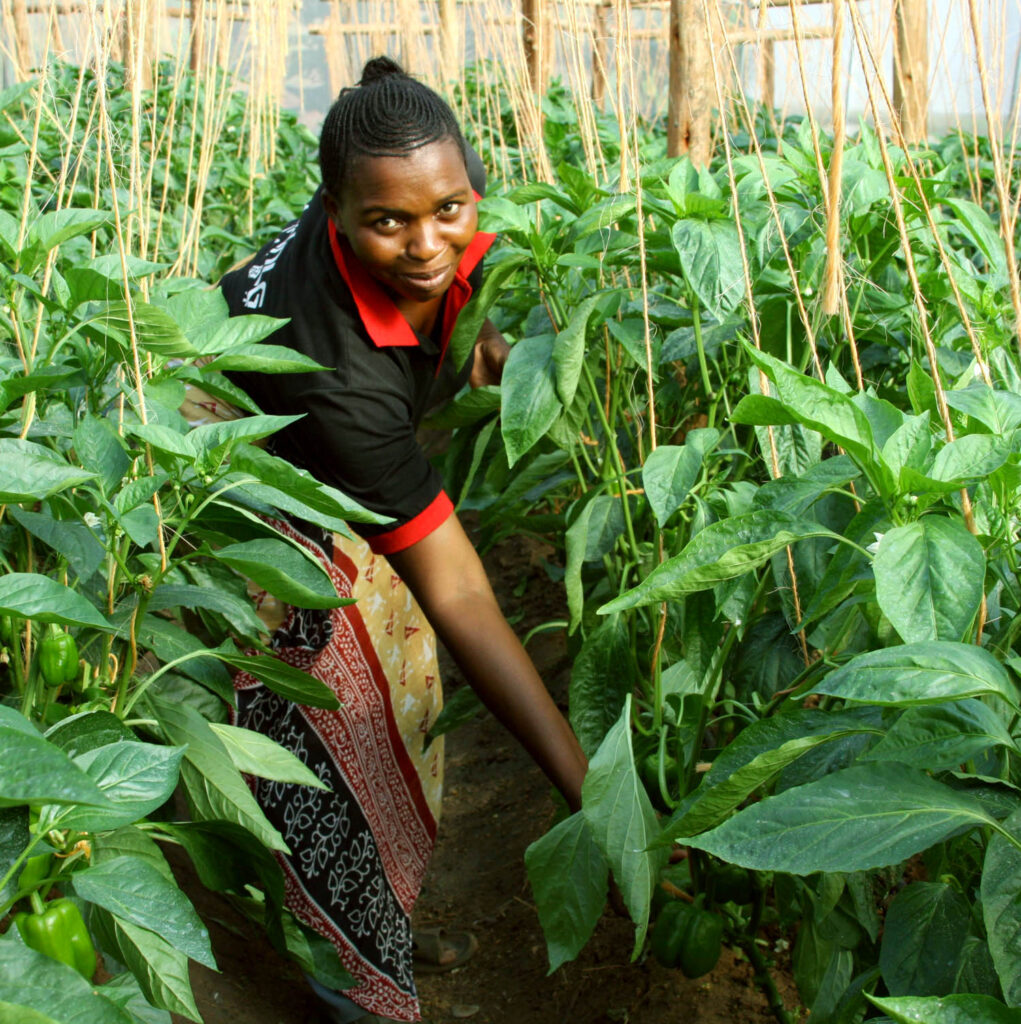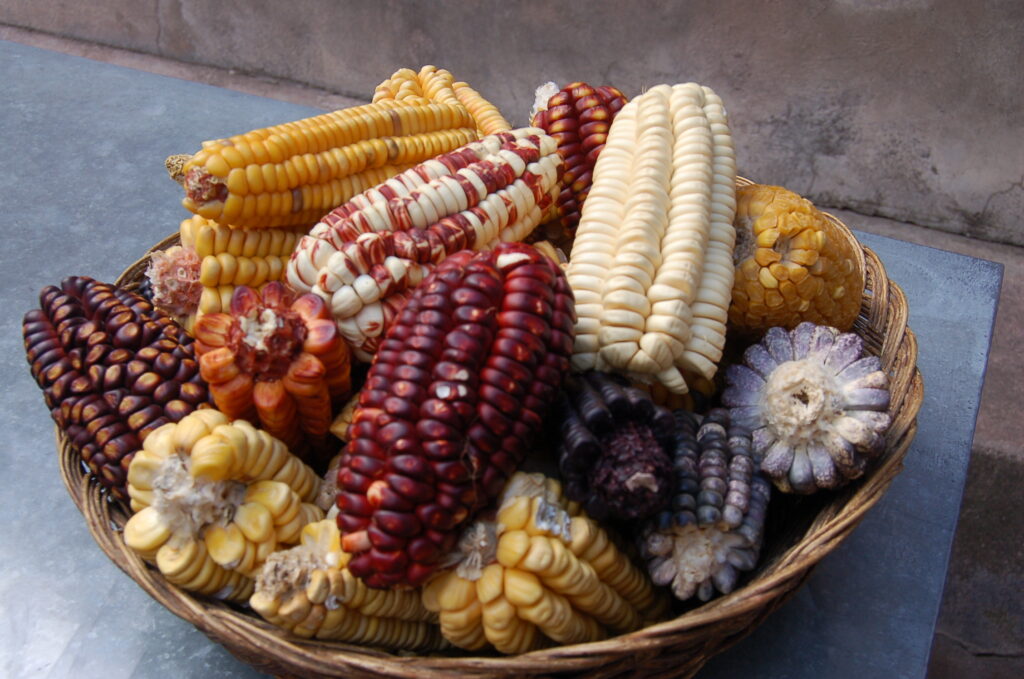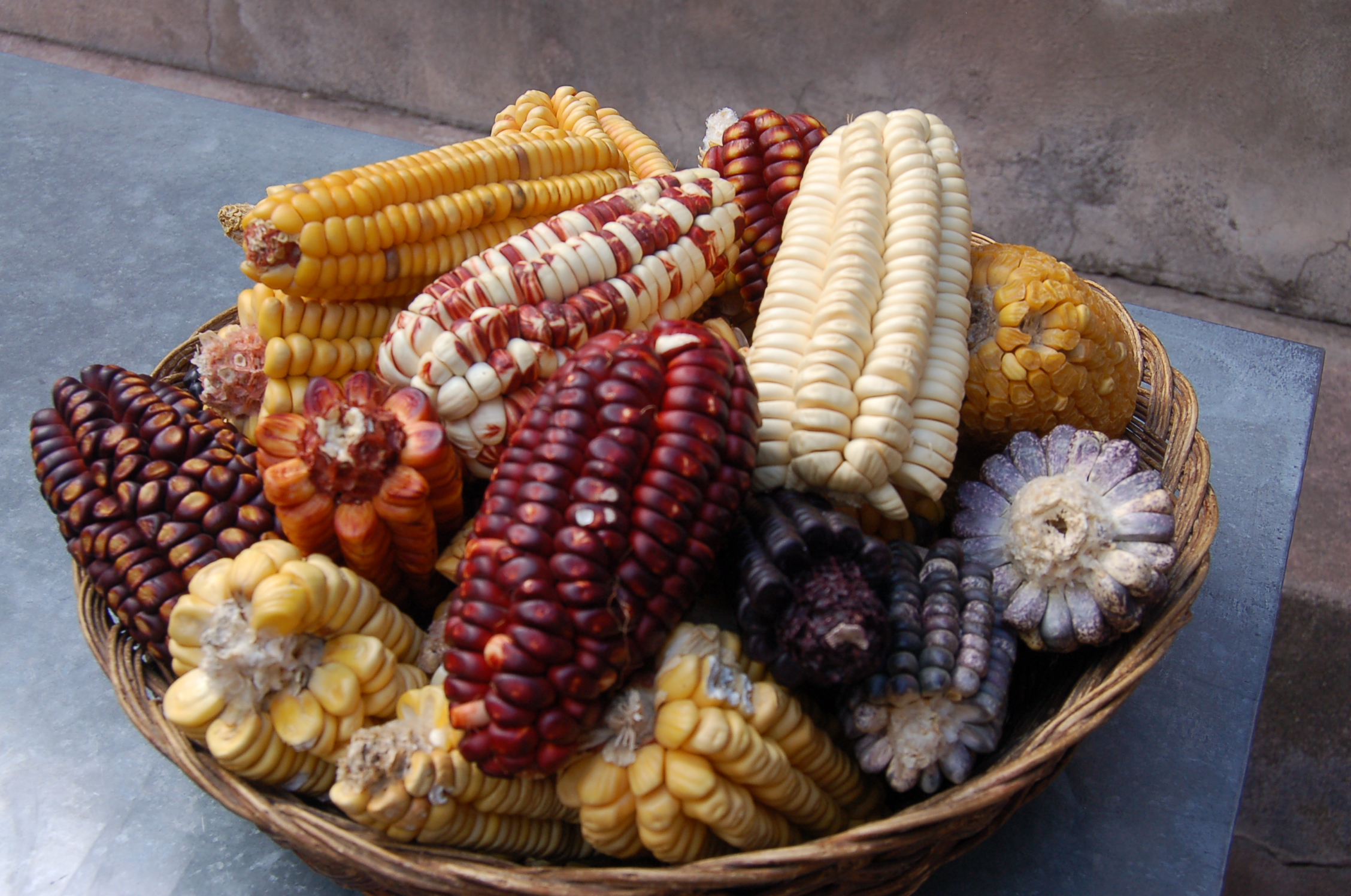Healthy Food & Sustainable Agriculture
While the world produces enough food for every person on Earth to eat well, almost a billion people live with hunger and are under-nourished. Modern industrial agriculture emphasizes commercial efficiency rather than healthy food. Commercialization of seeds reduces genetic diversity and undervalues traditional knowledge of food crops and garden plants. It also deprives poor farmers of seeds essential for their livelihoods and forces them out of the market by pushing prices up for supplies. Low incomes, high unemployment and rising food prices worsen the situation. Crop varieties have been reduced to a few beneficial commercially, negatively affecting soil fertility, pollination and the nutritional quality of food crops. Current livestock production also needs to return to more sustainable and ecologically responsible practices. Intensive management, as well as the antibiotics and other substances used on livestock animals pose health risks to humans, including water contamination, outbreaks of disease such as bird flu, and causing antibiotic resistant bacteria.


Why should we care?
- We are what we eat.
- Buying local organic produce helps ensure access to healthy food growth for generations to come.
- Spending slightly more on healthier food provides better nutrition and avoids damage to health and environment. It also reduces medical costs.
- Growing local crop varieties and preserving and sharing heritage seeds are vital to a stable, healthy food supply.
- Global food supply is under threat if we continue to use pesticides that kill pollinator insects.

Fast facts
- About 75% of food biodiversity has been lost in the 20th century, and it continues at the rate of 2% every year.
- 80% of the world’s dietary energy is supplied by just 12 industrial crops.
- Of 16,000 apple varieties in North America, less than 3,500 remain commercially available.
- Corn and soybean are two of the crops most exposed to hazardous agricultural chemicals.
- In United States, 69% of all corn and 47% of all soybean seeds are purchased from just four major companies. Moreover, over 90% of US corn, soybeans and cotton are genetically modified.
- Pesticides contain about 107 active ingredients that cause cancer in animals or humans, and 83 of those are still in use today.
- More than 75% of the world’s food crops and 35% of global agricultural land require the help of pollinators such as bees, but bee populations and varieties are declining. Close to 35% of invertebrate pollinators, especially bees and butterflies, and around 17% of vertebrate pollinators, such as bats, face extinction globally (UN, 2021).
- In locations where bee populations have decreased drastically, whole orchards have to be pollinated by hand.

